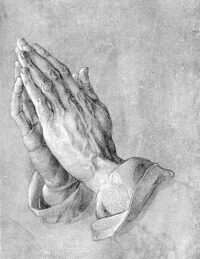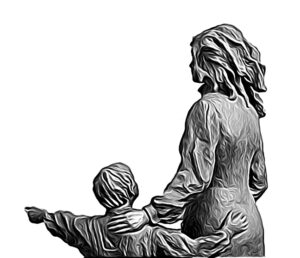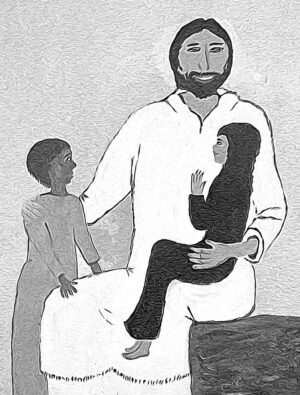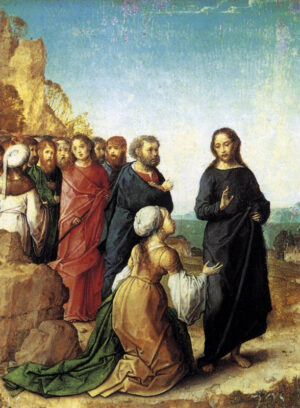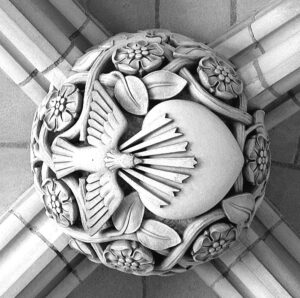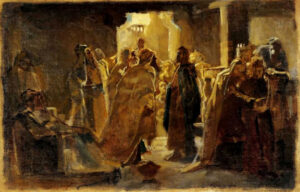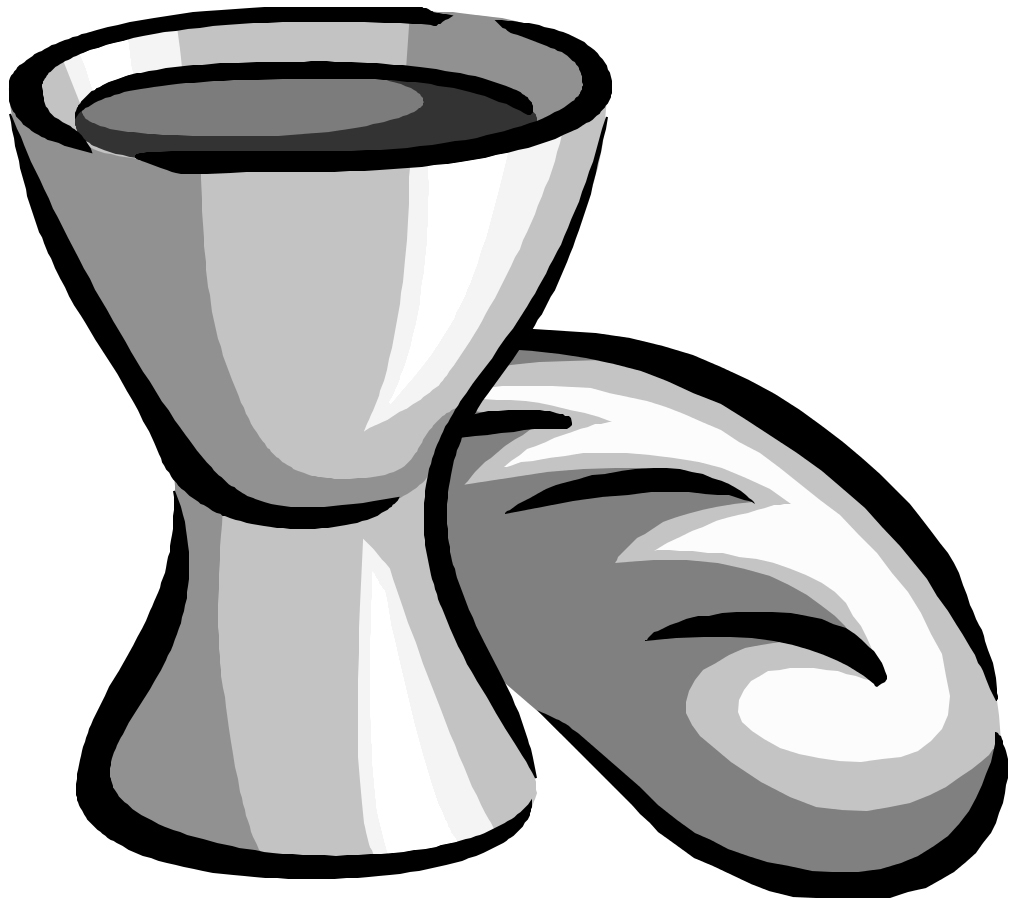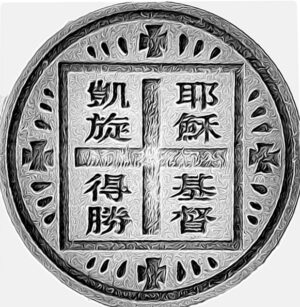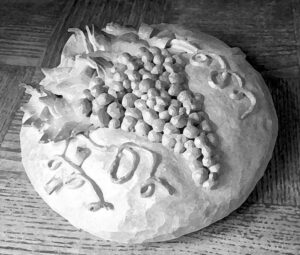Nineteenth Sunday after Pentecost
READINGS FOR THE COMING WEEK
- First reading and Psalm
- Job 1:1, 2:1-10
- Psalm 26
- Alternate First reading and Psalm
- Genesis 2:18-24
- Psalm 8
- Second reading
- Hebrews 1:1-4, 2:5-12
- Gospel
- Mark 10:2-16
The gospel from Mark 10:2-16
Some Pharisees came to Jesus, and to test him they asked, “Is it lawful for a man to divorce his wife?” He answered them, “What did Moses command you?” They said, “Moses allowed a man to write a certificate of dismissal and to divorce her.” But Jesus said to them, “Because of your hardness of heart he wrote this commandment for you.
But from the beginning of creation, ‘God made them male and female.’ ‘For this reason a man shall leave his father and mother and be joined to his wife, and the two shall become one flesh.’ So they are no longer two, but one flesh. Therefore what God has joined together, let no one separate.”
Then in the house the disciples asked him again about this matter. He said to them, “Whoever divorces his wife and marries another commits adultery against her; and if she divorces her husband and marries another, she commits adultery.”
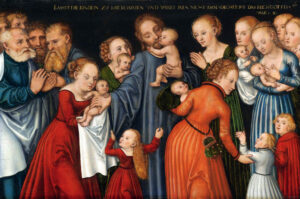
1545-1550 Painting
https://diglib.library.vanderbilt.edu
People were bringing little children to him in order that he might touch them; and the disciples spoke sternly to them. But when Jesus saw this, he was indignant and said to them, “Let the little children come to me; do not stop them; for it is to such as these that the kingdom of God belongs.
Truly I tell you, whoever does not receive the kingdom of God as a little child will never enter it.” And he took them up in his arms, laid his hands on them, and blessed them.
Sermon
Why did Jesus speak against divorce? In the Roman Catholic church, Pastor Stevensen explains, marriage is a sacrament to not be broken. Of all the scripture readings in the three-year cycle, today’s is the most unpopular. People have different lives today. Some rules get pushed back. Laws less forceful and clear can be undermined. In biblical times, a man need only announce in public three times to be divorced. Today’s scripture is an intent to stop this action. Divorce, mentioned in both the Old and New Testaments, have what meaning for us? Church leaders have struggled with this question. Some say there are two kinds of laws – moral and ceremonial. Many of our moral laws come from the Ten Commandments. Pastor in his sermon suggests that they are a mirror and critic that remind us of failures. He continues to state another use of law for Christians. His sermon he says has two purposes – one to add to our understanding. …….


